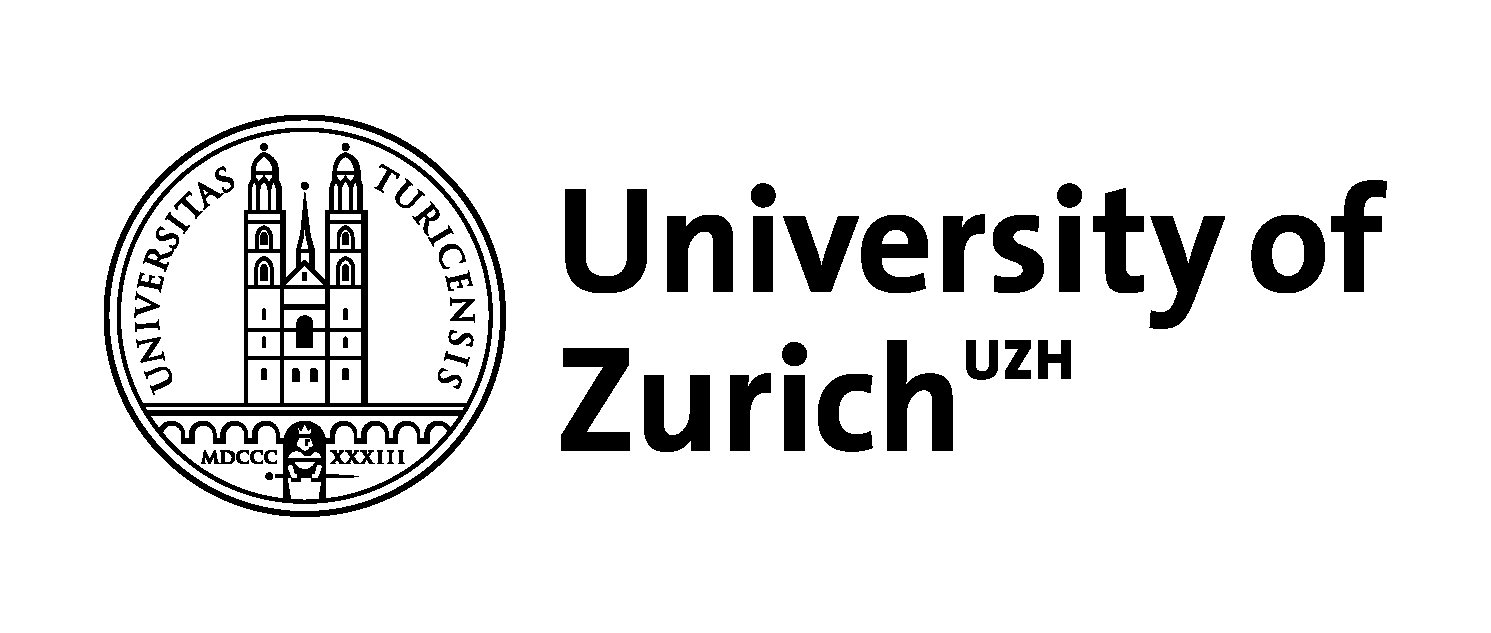Recommender systems and social networks are often faulted to be the cause for creating Echo Chambers – environments where people mostly encounter news that match their previous choices or those that are popular among similar users, resulting in their isolation inside familiar but insulated information silos.
Echo chambers, in turn, have been attributed to be one cause for the polarization of society, which leads to the increased difficulty to promote tolerance, build consensus, and forge compromises. To escape these echo chambers, we propose to change the focus of recommender systems from optimizing prediction accuracy only to considering measures for social cohesion.
This proposition raises questions in three spheres: In the technical sphere, we need to investigate how to build “socially considerate” recommender systems. To that end, we develop a novel recommendation framework with the goal of improving information diversity using a modified random walk exploration of the user-item graph. In the social sphere, we need to investigate if the adapted recommender systems have the desired effect. To that end, we present an empirical pilot study that exposed users to various sets (some diverse) of news with surprising results. Finally, in the normative sphere, these studies raise the question what kind of diversity is desirable for the functioning of democracy.
Reflecting the consequences of these findings for our discipline, this talk highlights that computer science needs to increasingly engage with both the social and normative challenges of our work, possibly producing a new understanding of our discipline. It proposes similar consequences for other disciplines in that they increasingly need to embrace all three spheres.

Short Bio
Abraham Bernstein, Ph.D., is a Full Professor of Informatics at the University of Zurich (UZH), Switzerland. He received a Diploma in Computer Science from ETH Zurich and a Ph.D. in Management with a concentration in Information Technologies from the Sloan School of Management at MIT. His research focuses on various aspects of the semantic web, recommender systems, AI/data mining/machine learning, crowd computing, and collective intelligence. His work draws on both technical (computer science, artificial intelligence) and social science (organizational psychology/sociology/economics) foundations. He is also a founding Director of the University of Zurich’s Digital Society Initiative (DSI) — an interdisciplinary research and teaching initiative with more than 180 faculty members ranging from divinity to veterinary medicine investigating all aspects of the interplay between society and the digitalization – and President of the Steering Committee of the Swiss National Science Foundation’s Research Priority Program 77 on the Digital Transformation. He served as a member of the Council of Europe’s Committee of experts on Human Rights Dimensions of automated data processing and different forms of artificial intelligence (MSI-AUT) as well as on the editorial boards of various top journals, including as a co-Editor in Chief at the Journal of Web Semantics or Associate Editor at the ACM Transactions on Internet Technologies and ACM Transactions on Interactive Intelligent Systems. He was elected as an individual member of the Swiss Academy of Technical Sciences in 2019.
More Details
- When: Wed 22 Feb 2023, at 1:00 pm (GMT+10)
- Speaker: Prof Abraham Bernstein (University of Zurich)
- Host: A/ Professor Gianluca Demartini
- Zoom: https://uqz.zoom.us/j/82896549343
- Venue: Room 213 in Richards Building (5)
The informal afternoon tea meet and greet introducing our UZH colleagues will follow Prof Avi Bernstein’s talk at the same location, from 2-3pm, sponsored by the Swiss Embassy. Colleagues who are planning to attend the talk in person are welcome to stay and join us for the UZH afternoon tea meet and greet.
Zoom Link
https://uqz.zoom.us/j/82896549343

 A Non-Factoid Question-Answering Taxonomy
A Non-Factoid Question-Answering Taxonomy